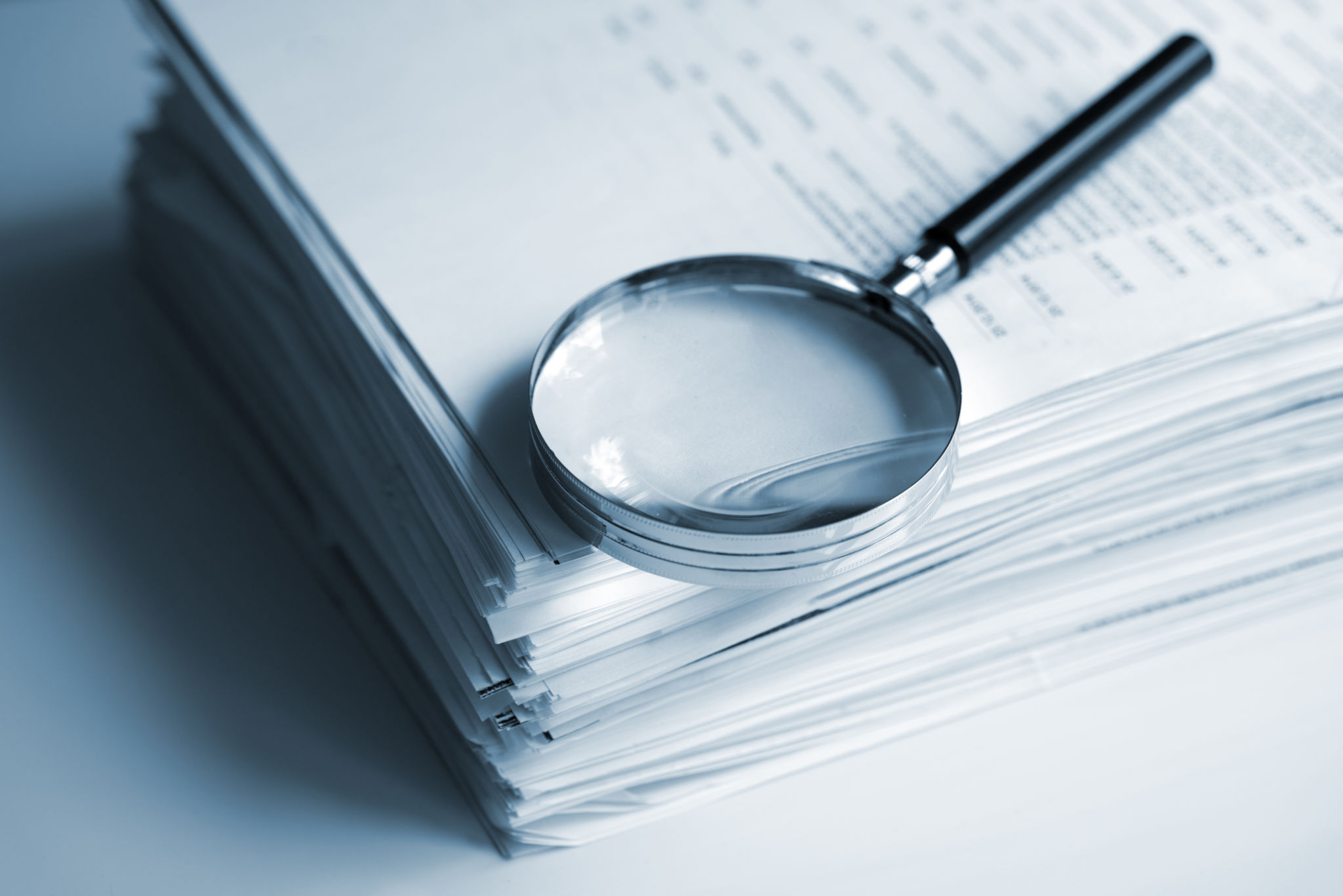Preparing Your Business for Tax Season: A Checklist for Harris County Entrepreneurs
DJ
Tax season can be a daunting time for many entrepreneurs, especially those running small to medium-sized businesses in Harris County. However, with the right preparation, you can navigate this period smoothly and ensure your business remains compliant while maximizing tax benefits. Here's a comprehensive checklist to help you get started.
Organize Your Financial Records
Before diving into the complexities of tax filing, ensure that your financial records are in order. This step is crucial as it forms the backbone of your tax preparation process. Gather all your income, expenses, and any other relevant financial documents.
- Consolidate all receipts and invoices.
- Ensure bank statements are up-to-date and reconciled.
- Compile any forms related to employee wages or contractor payments.

Understand Tax Deadlines
Missing a tax deadline can result in penalties and additional fees. Make sure you're aware of all relevant deadlines, both federal and state, that apply to your business. Harris County entrepreneurs should pay particular attention to any local regulations that might affect their filing dates.
The key deadlines include:
- Federal income tax return deadline: Typically April 15th.
- Quarterly estimated tax payments: Usually due on the 15th of April, June, September, and January.
- State-specific deadlines: Check the Texas Comptroller's office for state requirements.
Maximize Deductions and Credits
One of the most effective ways to reduce your tax burden is by taking full advantage of available deductions and credits. Familiarize yourself with deductions such as home office expenses, vehicle expenses, and business-related travel costs. Additionally, look into credits that may apply to your operations, such as small business health care credits or energy efficiency credits.

Leverage Technology
Technology can significantly streamline your tax preparation process. Utilize accounting software to automate data entry and generate financial reports. These tools not only save time but also reduce the likelihood of human error, ensuring more accurate filings.
Some popular accounting software options include QuickBooks, Xero, and FreshBooks. Choose one that fits your business needs and integrate it into your daily financial management practices.
Consult a Tax Professional
While self-preparation is possible, consulting a tax professional can provide peace of mind and potentially save you money in the long run. A qualified CPA or tax advisor familiar with Harris County regulations can offer valuable insights and ensure you’re compliant with all local and federal laws.

Plan for the Future
Once you've successfully navigated this year's tax season, start planning for the next one. Implementing good financial habits throughout the year can make future tax preparations less stressful. Regularly update your financial records, stay informed about changes in tax laws, and continuously seek ways to optimize your tax strategy.
By following this checklist, Harris County entrepreneurs can approach tax season with confidence, knowing they're taking proactive steps to safeguard their business's financial health.